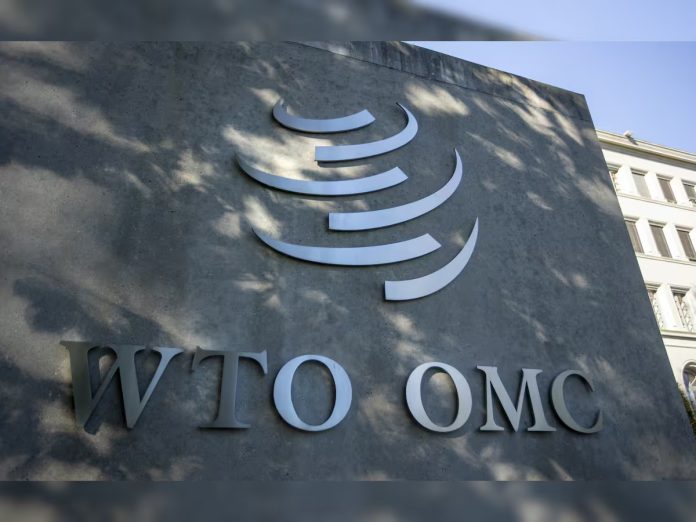NEW DELHI, Apr 27: India and Chinese Taipei have asked the WTO’s dispute settlement body not to adopt any ruling against New Delhi’s import duties on certain information and technology products till July 26 as both sides are engaged in resolving the matter, an official said.
The issue came up during a meeting of the dispute settlement body (DSB) in Geneva on April 26.
In the meeting, the two countries asked DSB to delay consideration of a dispute panel’s reports until July 26, 2024 in order to help facilitate resolution of the disputes, the Geneva-based official said, adding that the body agreed to that.
Earlier also, DSB had agreed to three previous requests from India and Chinese Taipei to delay consideration of the reports.
As per rules of the WTO, the panel’s ruling will have to be adopted by DSB for implementation within 60 days of the release of the order. However, countries can mutually request DSB for delay in adoption of the ruling.
In its report, a dispute panel of WTO on April 17, 2023 said import duties imposed by India on certain information and technology products violate global trading norms.
The ruling followed a case filed by the EU, Japan and Taiwan against these duties in WTO.
In May 2019, Chinese Taipei had filed a case against India in the WTO over the import duties imposed on certain electronic goods, including telephones for cellular networks; machines for reception, conversion and transmission or regeneration of voice, images or other data; and parts of telephone sets.
India has stated that these ICT products are part of WTO’s Information Technology Products (ITA-2) agreement, and New Delhi is not part of this pact. India is a part of ITA-1, signed in 1997, which did not have any obligation to eliminate customs duties on these products.
Besides formulating norms for global exports and imports, the Geneva-based 164-member multilateral body adjudicates trade disputes among the member countries.
According to WTO rules, a member country can file a case in WTO if they feel that a particular trade measure is against the norms of WTO.
Bilateral consultation is the first step to resolving a dispute. If both sides are not able to resolve the matter through consultation, either of them can approach the establishment of a dispute settlement panel.
The panel’s ruling or report can be challenged at WTO’s appellate body.
Interestingly, the appellate body is not functioning because of differences among member countries to appoint its members. Several disputes are already pending with this body. The US has been blocking the appointment of the members. (PTI)


